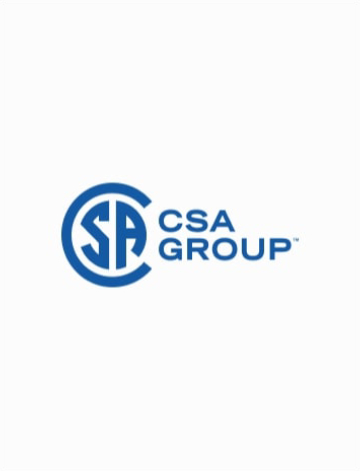Preface
This is the harmonized CSA Group and ULSE standard for Communications Cables. It is the eighth edition of CSA C22.2 No. 214, and the fifth edition of UL 444. This harmonized standard has been jointly revised on June 30, 2023. For this purpose, CSA Group and ULSE are issuing revision pages dated June 30, 2023.
This harmonized standard was prepared by the CSA Group and ULSE.
This standard is considered suitable for use for conformity assessment within the stated scope of the standard.
This Standard was reviewed by the CSA Subcommittee on Communication Cable, under the jurisdiction of the Technical Committee on Wiring Products and the Strategic Steering Committee on Requirements for Electrical Safety, and has been formally approved by the Technical Committee.
This Standard has been developed in compliance with Standards Council of Canada requirements for National Standards of Canada. It has been published as a National Standard of Canada by CSA Group.
Scope
1.1
This standard applies to 60 – 250°C single- or multiple-conductor jacketed or unjacketed, integral or nonintegral cables and single or multiple coaxial cables for telephone and other communication circuits such as voice, data, and audio for on-premise customer systems. These cables are may contain one or more optical fibre members. For the purpose of this standard, a coaxial cable or coaxial member conductor is a single conductor with a shield. For the purpose of this standard, a single- or multiple-conductor unjacketed cable is a cross-connect wire.
1.2
This standard applies to communications cables that are intended primarily for installation in accordance with Section 60 of the Canadian Electrical Code Part I, and Article 800 of the National Electrical Code (NEC), ANSI/NFPA 70. They are rated for 300 V applications, but are not so marked.
Note: See Annex A for a complete list of wire types covered by this Standard and the specific electrical codes for which they are intended.
1.3
This standard does not apply to communications cords.
1.4
In Canada, the Type ″-CI″ circuit integrity markings are not recognized by the Canadian Electrical Code, Part I.
In the US, Type CMH is not recognized in the NEC.
1.5
If a value for measurement is followed by a value in other units in parenthesis, the second value may be only approximate. The first stated value is the requirement.


